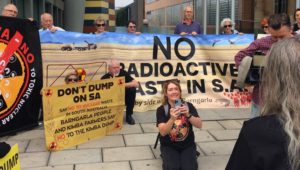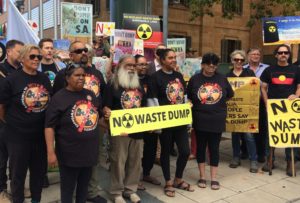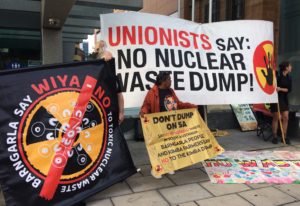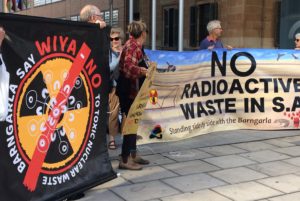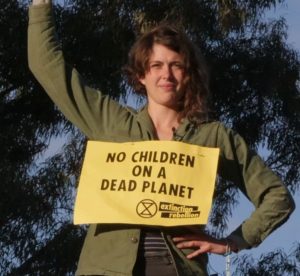What happens when we can detect nuclear subs?
New details of the AUKUS defence and security pact have revealed Australia will buy three second-hand US Virginia-class submarines early next decade (and potentially two more), subject to approval by US Congress.
Australia will also build a fleet of eight nuclear-powered SSN-AUKUS boats at Adelaide’s Osborne Naval Shipyard. The first will be delivered by 2042, with five completed by the 2050s, and construction of the remaining three going into the 2060s.
It’s estimated the program will cost between A$268 billion and A$368 billion over the next three decades.
Make no mistake. Modern submarines, especially nuclear-powered ones, are one of the most potent and effective weapon systems in today’s world. That is, until they aren’t.
Our analysis shows they might soon be so easily detected they could become billion-dollar coffins.
[…]Subs in the ocean are large, metallic anomalies that move in the upper portion of the water column. They produce more than sound. As they pass through the water, they disturb it and change its physical, chemical and biological signatures. They even disturb Earth’s magnetic field – and nuclear subs unavoidably emit radiation.
Science is learning to detect all these changes, to the point where the oceans of tomorrow may become “transparent”. The submarine era could follow the battleship era and fade into history.
— read the full article “Progress in detection tech could render submarines useless by the 2050s. What does it mean for the AUKUS pact?” at theconversation.com

